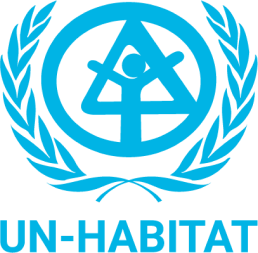Overview
Public space is crucial for sustainable cities and communities: providing ecosystem services, improving health and wellbeing, ensuring social inclusion and economic exchange. It offers an opportunity to enrich the quality of life of all urban dwellers, leaving no one behind. In collaboration with partners, UN-Habitat demonstrates how to turn public spaces around, transform communities and change mind-sets through innovative community-led approaches and scalable catalytic pilots.
UN-Habitat’s Global Public Space Programme was launched in 2012 with the objective to support local governments in creating and promoting socially inclusive, integrated, connected, environmentally sustainable and safe streets and public spaces, especially for the most vulnerable, promoting a better quality of life for all. The programme has developed an integrated, multi-sectoral and iterative approach to support local governments to create vibrant and inclusive public space networks, long-term urban strategies and national policies, focusing on the most vulnerable groups.
Starting from the national and regional scale, the Programme provides technical support and capacity building in public space assessments, policy guides, strategies and design principles, management and maintenance frameworks and using innovative participatory tools. The outcomes of this approach inform city planning frameworks, monitoring of the 2030 New Urban Agenda, SDG 11.7 and thematic aspects such as inequality, prosperity, accessibility, resilience and health.
“We commit ourselves to promoting safe, inclusive, accessible, green and quality public spaces, including streets, sidewalks and cycling lanes, squares, waterfront areas, gardens and parks, that are multifunctional areas designed and managed to ensure social interaction, human development, building peaceful and democratic societies and promoting cultural diversity.
We reaffirm the central role of inclusive public space in reducing social and spatial inequalities across urban areas (formal and informal) and that public spaces have positive impacts on health and well-being.”
Related Links
Her City Platform (UN-Habitat)


